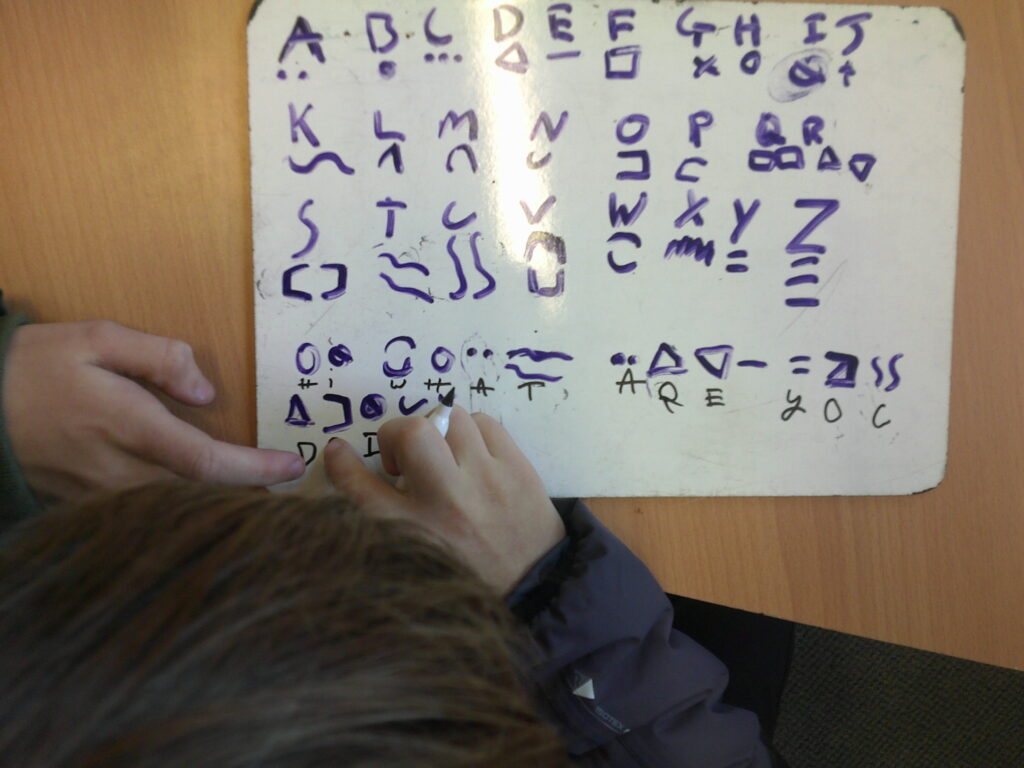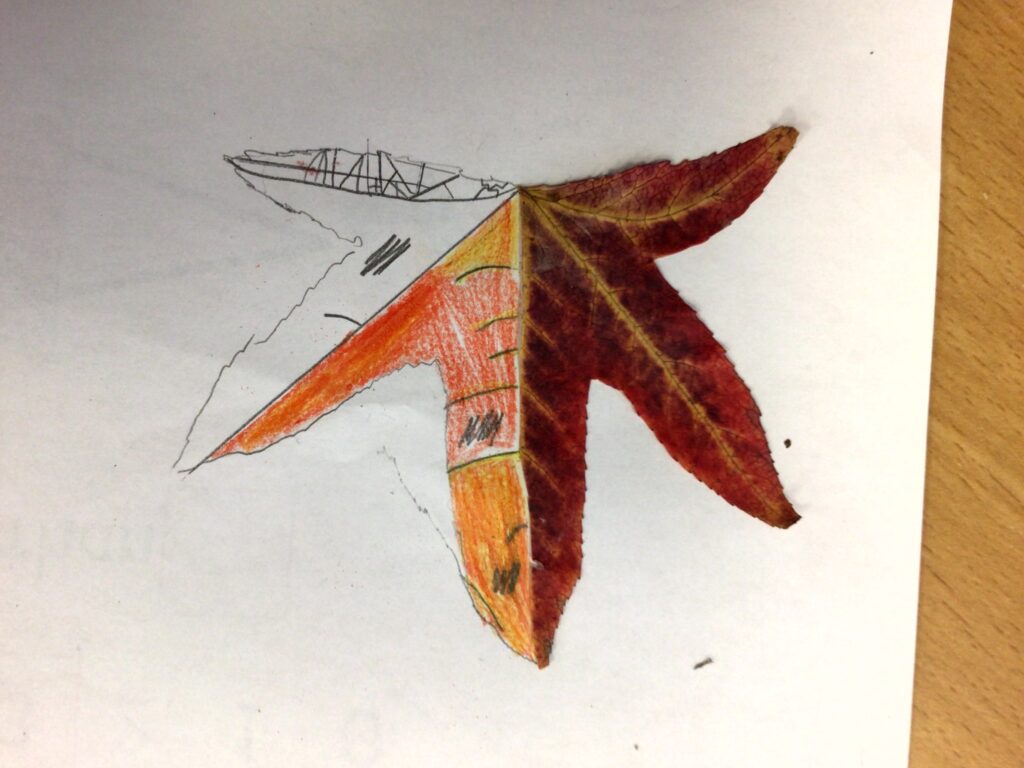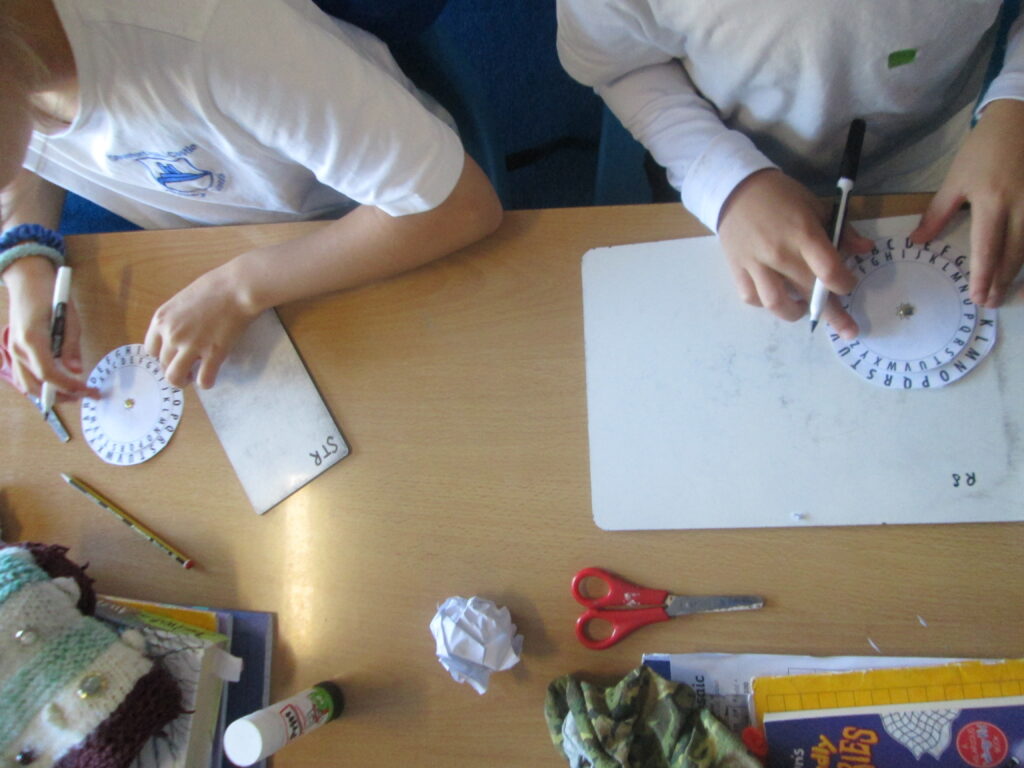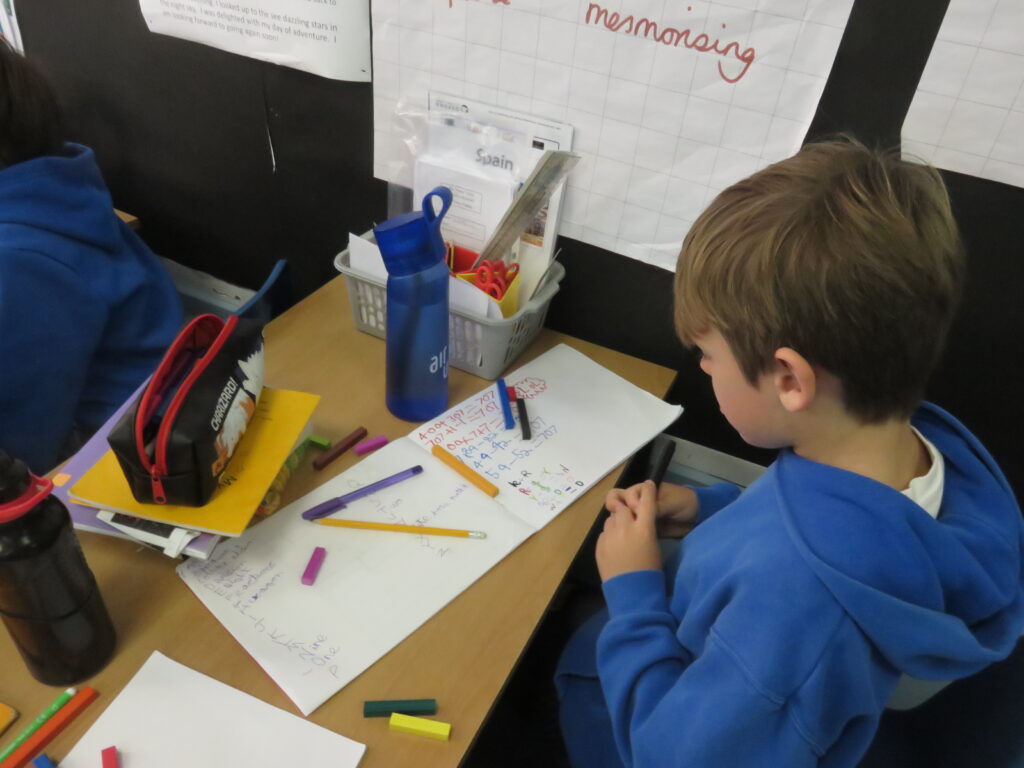Maths
Intent: At Stratford-sub-Castle Primary School it is our intention to implement and deliver the Mathematics National Curriculum in an active and relevant way, which opens horizons and supports our vision and intent for the whole curriculum.
The intent of our mathematics curriculum is to design a curriculum, which is accessible to all and will maximise the development of every pupil’s ability and academic achievement. We deliver lessons that are creative and engaging using a mastery approach. The benefit of this approach is it caters for all styles of learners, ensures secure learning for higher attaining pupils and time and support for pupils that find Mathematics more challenging to keep up with their peers. We intend for pupils to make rich connections across mathematical ideas to develop fluency, mathematical reasoning and competence in solving increasingly sophisticated problems.
We intend for our pupils to be able to apply their mathematical knowledge to science and other subjects. We intend pupils to know that it is essential to everyday life, critical to science, technology and engineering, and necessary for financial literacy and most forms of employment. As our pupils progress, we intend for our pupils to be able to understand the world, have the ability to reason mathematically, have an appreciation of the beauty and power of mathematics, and a sense of enjoyment and curiosity about the subject.
The concepts for Mathematics at Stratford-sub-Castle Primary are:
- PLACE VALUE: understanding of number
- CALCULATION: using the four operations of number to calculate
- FRACTIONS, DECIMALS AND PERCENTAGES: understanding of the value and calculating with fractions, decimals and percentages
- ALGEBRA: patterns, solving equations and finding unknown numbers
- GEOMETRY: understanding of 2D and 3D shapes
- MEASUREMENT: application of numbers skills in practical situations using a variety of measure units.

- Maths
Maths
SSC Mastering Number Overview EYFS KS1
EYFS Maths Home Learning Booklet Spring 3 & 4
Year 1 Spring Home Learning Sheet
Year 1 Spring Term 4 Maths Home Learning
Year 2 Spring 4 Maths Home Learning
Implementation: At Stratford-sub-Castle CE Primary School we are working towards using a mastery approach to teaching mathematics.
Mastery of mathematics is a teaching methodology adopted by the most successful countries in Asia, ranking highest in the world in terms of mathematical attainment by the age of 15. The 2014 curriculum encourages a mastery approach and introduction of the ‘Expected Standard’ for each year group emphasises the importance of children achieving sets of key skills and knowledge. This approach dictates that children, once meeting the objectives, are extended through questioning, deep analysis and exploration to broaden their knowledge. Thus ensuring that concepts are fully and securely understood before moving onto new objectives.
There are the ‘Five Big Ideas’ in mastery which teachers aim to use in lessons.
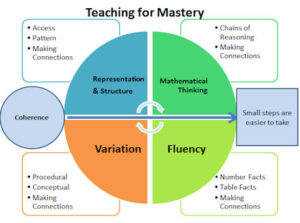
An essential part of teaching for mastery is the CPA Approach (concrete, pictorial, abstract). The calculation policy focuses on the links between, and also the progression through, Concrete, Pictorial and Abstract. Teachers go between the three different stages to reinforce concepts.
Concrete is the ‘active’ stage, using concrete objects/manipulatives to solve problems. Manipulatives are chosen for the pupils by the teacher. Manipulatives are selected upon the most appropriate for the concept. Teachers may vary which manipulatives are used for a concept.
Pictorial is the ‘seeing’ stage, using representations of the objects involved in maths problems. This stage encourages children to make a mental connection between the physical object and abstract levels of understanding, by drawing or looking at pictures, circles, diagrams or models which represent the objects in the problem.
Abstract is the ‘symbolic’ stage, where children are able to use abstract symbols to model and solve maths problems. The ‘abstract’ concept is introduced when children has a firm understanding of the ’concrete’ and ‘pictorial.
In lessons, you will find the teacher engaging in whole class teaching, developing carefully scaffolded examples to build knowledge through small steps. Pupils will be using diennes, rods, counters, tens frames or Numicon to explore new concepts with a great emphasis on securing knowledge of Place value before anything else. Pupils will draw pictures to represent their objects and use part part whole, bar modelling and number lines to show these representations.
Pupils spend much longer than previously on core concepts to ensure that they are secure and embedded before moving onto new learning. Pupils who grasp concepts quickly will be encouraged to go to Greater Depth and use and apply that knowledge to different situations, solving problems and completing investigations. Pupils who are struggling to grasp concepts are not given easier work to do but are supported through targeted support and/or use of manipulatives.
Number facts form an important part of our mathematics curriculum. At Stratford-sub-Castle CE Primarywe aim to ensure that children leave our school with a proficient level of fluency in fundamental mathematical facts. Number facts are designed to support the development of the mental skills that underpin much of the mathematics work in school. They are particularly useful when calculating, be it adding, subtracting, multiplying or dividing. Secure knowledge of these facts frees up areas of the brain for more complex problem solving and reasoning. We have ensured a systematic approach to acquiring a secure knowledge of fluency facts from Reception to Year 6. Every year group focuses on a certain number fact each term which is linked to the Planet Booklets. These number facts are rehearsed during a rapid recall session either within the Maths lesson or at another time.. Key Stage 1 focus on addition and subtraction number facts to 20. Key Stage 2 focus on Times Tables.
We use White Rose as our main scheme of work across the school as it supports the mastery approach. Regular opportunities are provided to the children, such as activities from nrich and ncetm, to widen and deepen their mathematics understanding.
Impact:
- Pupils Voice: In Key Stage One, Pupils talk enthusiastically about their maths lessons. Pupils speak about how they love learning about maths and many pupils say Maths is their favourite subject. Pupils enjoy number songs, rhymes and chants. Pupils enthusiastically demonstrate how they use the part-part-whole model. In continuous provision activities, pupils practically demonstrate application in Maths in their play and challenge. In Key Staget Two, Pupils continue to show a positive attitude towards maths (Year 6s cheer when it is the maths SATS). Pupils enjoy the challenge of working through the Planet Booklets because they can see the progress they make. By the end of Y6, pupils enjoy ‘meaty’ challenge/ investigation where they have to persevere and apply their maths skills.
- Evidence in Knowledge:In Key Stage One, pupils have a good understanding of place value of number. Pupils have a secure understanding and recall of number facts. Pupils have a good conceptual understanding of key Mathematical concepts because fewer topics are covered in more depth and a greater emphasis of practical application during continuous provision activities. In Key Stage Two, Pupils have a good understanding of place value of number up to ten million including decimals. Pupils can use a range of calculation methods with understanding. FDP (fractions, decimal and percentages), measure, using bus and train timetables in statistics is an area for development.
- Evidence in Skills:
Pupils use acquired vocabulary appropriate and enjoy using it in maths lessons. Pupils can articulate their thinking in full sentences. They have the skills to use a range of methods independently and show resilience when tackling problems.
- Breadth and Depth:
Teachers plan a range of opportunities to use Maths in a variety of contexts including science experiments, in geography (eg climate graphs and data handling about countries).
Maths Day – October 2023
We held a Maths Topic Day in October.
In EYFS/KS1 the theme was ‘Nature in Mathematics’ where the pupils explored leaf symmetry, measuring with branches & leaves, pattern making and creating pictograms of different leaf colours.
In KS2 the theme was ‘Stars of Mathematics’ where the pupils learnt about famous mathematicians such as Ava Lovelace, Alan Turing, Katherine Johnson and Al-Khwarizmi.
